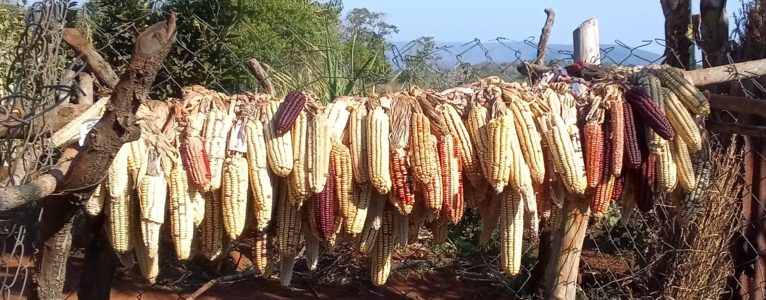PELUM Eswatini, in collaboration with COSPE Eswatini and the Department of Agricultural Research and Specialist Services (DARSS) of Ministry of Agriculture, held a farmer-managed seed systems workshop for extension officers and project officers of member organizations.
The workshop focused on the importance of conserving indigenous seed including seed selection, multiplication, and storage.
Participants were particularly in the aspect of ecological post-harvest management and storage of seed as this is one area where farmers find themselves resorting to chemicals.
Another important topic that was covered during the workshop was that of seed laws including the SADC and COMESA Seed Harmonization policies and how these affect smallholder farmers. The facilitators also provided a session on the International Treaty on Plant Genetic Resources for Food and Agriculture (ITPGRFA) and how far the country has come in implementing article 9 on Farmers Rights.
With climate change a major problem to smallholder farmers, indigenous seeds are highly recommended when it comes to surviving this hectic unpredictable weather conditions. Indigenous seeds have been proven to be drought and climate-resilient. These seeds are locally adapting to weather conditions, and can also grow without excessive water which is very good in these unpredictable weather conditions and it is easily adapting to local weather conditions. It is anticipated that these extension officers will transfer the skills and knowledge from this workshop to the over 30 000 smallholder farmers that are reached by our Member Organizations combined thus pushing the agenda of seed sovereignty and preservation of traditional knowledge on seed selection, multiplication, and storage as well as the practice of seed sharing.


